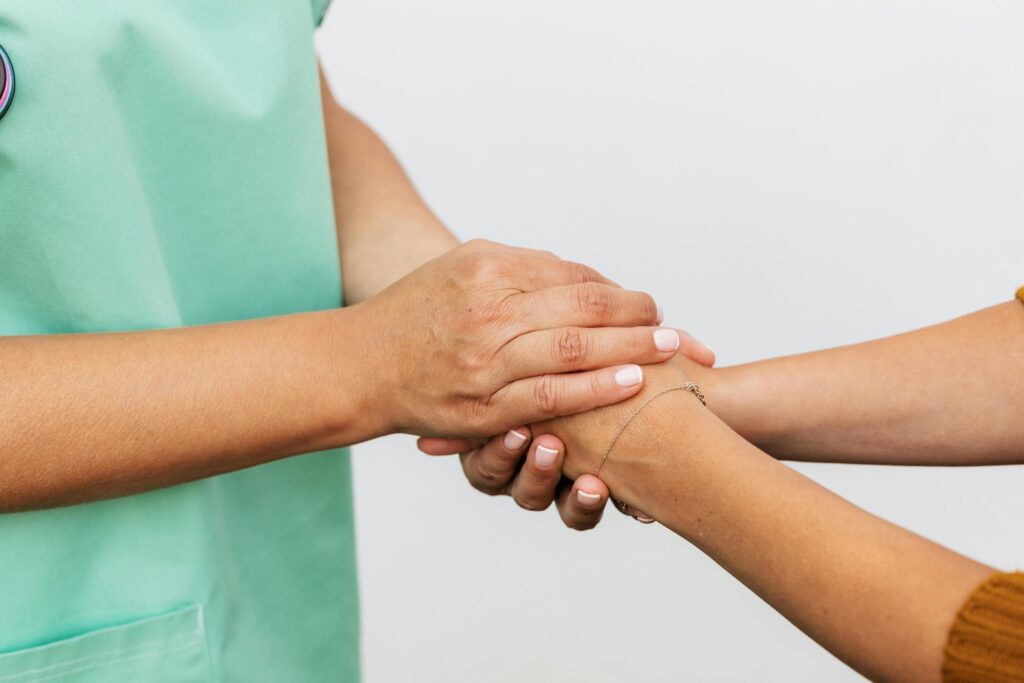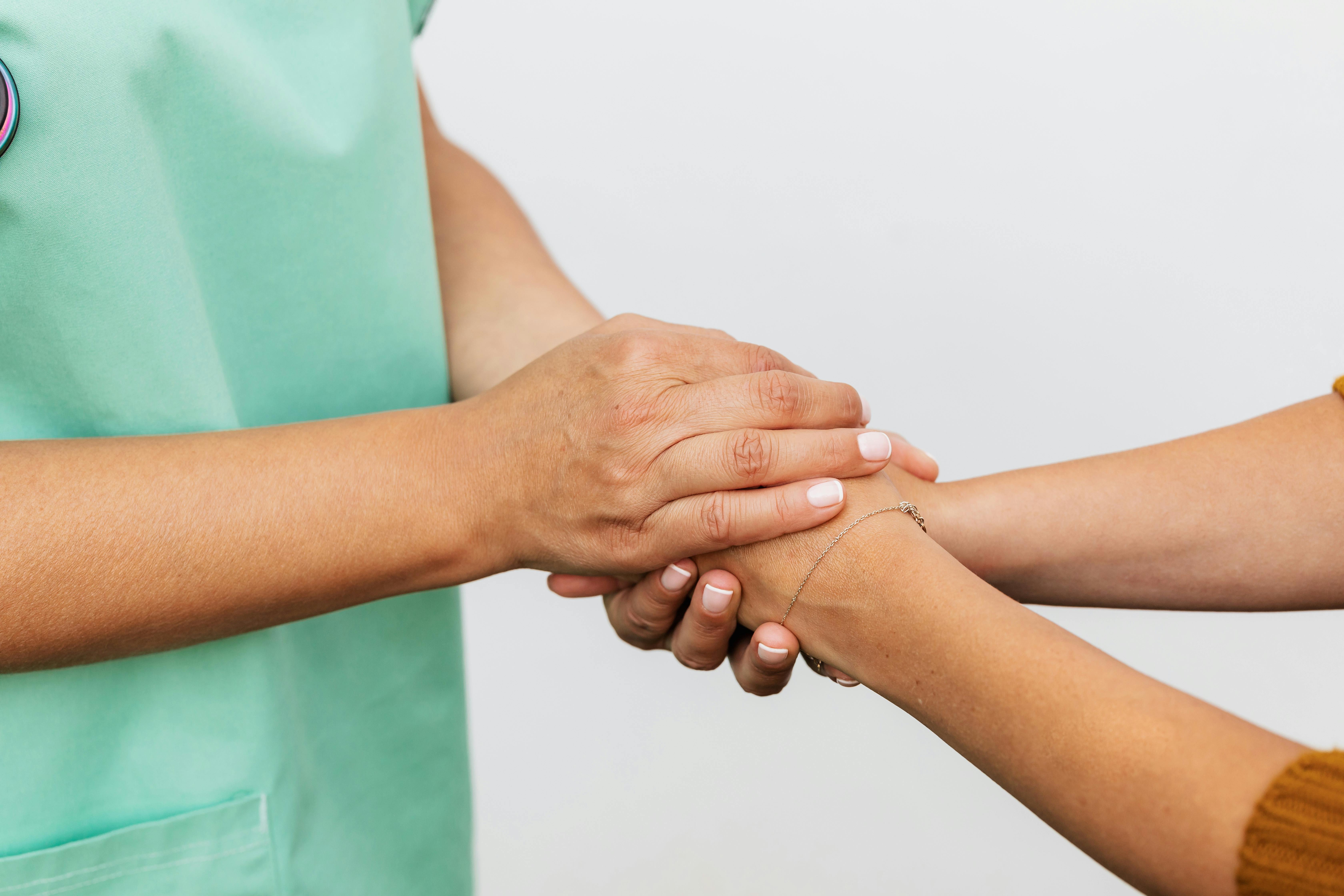
Message by Bishop Joseph Galea-Curmi
In a country where suicide has been recognised as a pressing public health issue, the government’s National Suicide Prevention Strategy for Malta (2025-2030), which was launched in March this year, is a welcome and much-needed initiative. This strategy aims to work for the prevention of suicide through awareness campaigns, mental health support, community interventions, and a strong clear message: every life matters.
Fast forward just a few weeks, and the government is proposing for consultation something that runs directly counter to that strategy. A recently published White Paper onAssisted Voluntary Euthanasia undermines the very principles the suicide prevention strategy is built on. The White Paper suggests that persons suffering from a terminal illness, who have been told by doctors they have less than six months to live, can be helped by a medical professional to self-administer a lethal substance and commit suicide.
The core issue is simple, yet profound: can the government genuinely promote suicide prevention while simultaneously exploring the legalisation of assisted suicide? Should one facilitate the very act that one’s strategy seeks to avert?
The suicide prevention strategy makes it clear that suicide is a complex tragedy rooted in emotional, psychological, and social distress. It calls for empathy, professional support, and stronger safety nets for vulnerable individuals. But the assisted suicide proposal introduces a radically different message: under certain circumstances, suicide may not only be acceptable – it could even be actively facilitated by the State, “as part of the national health service”.
This contradictory approach raises a significant question: how can we persuade young people battling mental health issues that their life is worth fighting for, while telling a person with a terminal illness, and with a six months’ life expectancy prognosis, that death might be a rational choice?
Countries that have legalised assisted suicide have seen their eligibility criteria and safeguards gradually disappear. Initially restricted to terminal illness, the practice has extended in some cases to chronic conditions, mental illness, and even non-medical suffering. Experience shows us that the “right to die” can easily become the “duty to die”, especially for those who feel like a burden to their families or society.
At the heart of the matter is not only policy coherence, but fundamentally how much we really value human life. If suicide is something the State is trying to prevent, then endorsing it in specific cases is self-defeating. It undermines the cultural and psychological framework that supports suicide prevention efforts. It normalises the idea that some lives are no longer worth living.
Rather than facilitating suicide, Malta should strengthen its investment in palliative care, which includes medical care, spiritual and psychological services, and community support. We all know that much more needs to be done in this field. All energies should be directed to implement the National Palliative Care Strategy (2025-2035), published in April.
As we bishops have emphasised in our Pastoral Letter Compassion and Care Until the End, true compassion lies not in helping people take their own lives, but in helping them find meaning, dignity, and relief in the face of suffering, never abandoning them, but providing palliative care till the end. To the authorities: Don’t kill your own suicide prevention strategy. Don’t assist the self-killing of your own people.
✠ Joseph Galea-Curmi
Auxiliary Bishop
This article was published on The Sunday Times of Malta on 8th June 2025.





